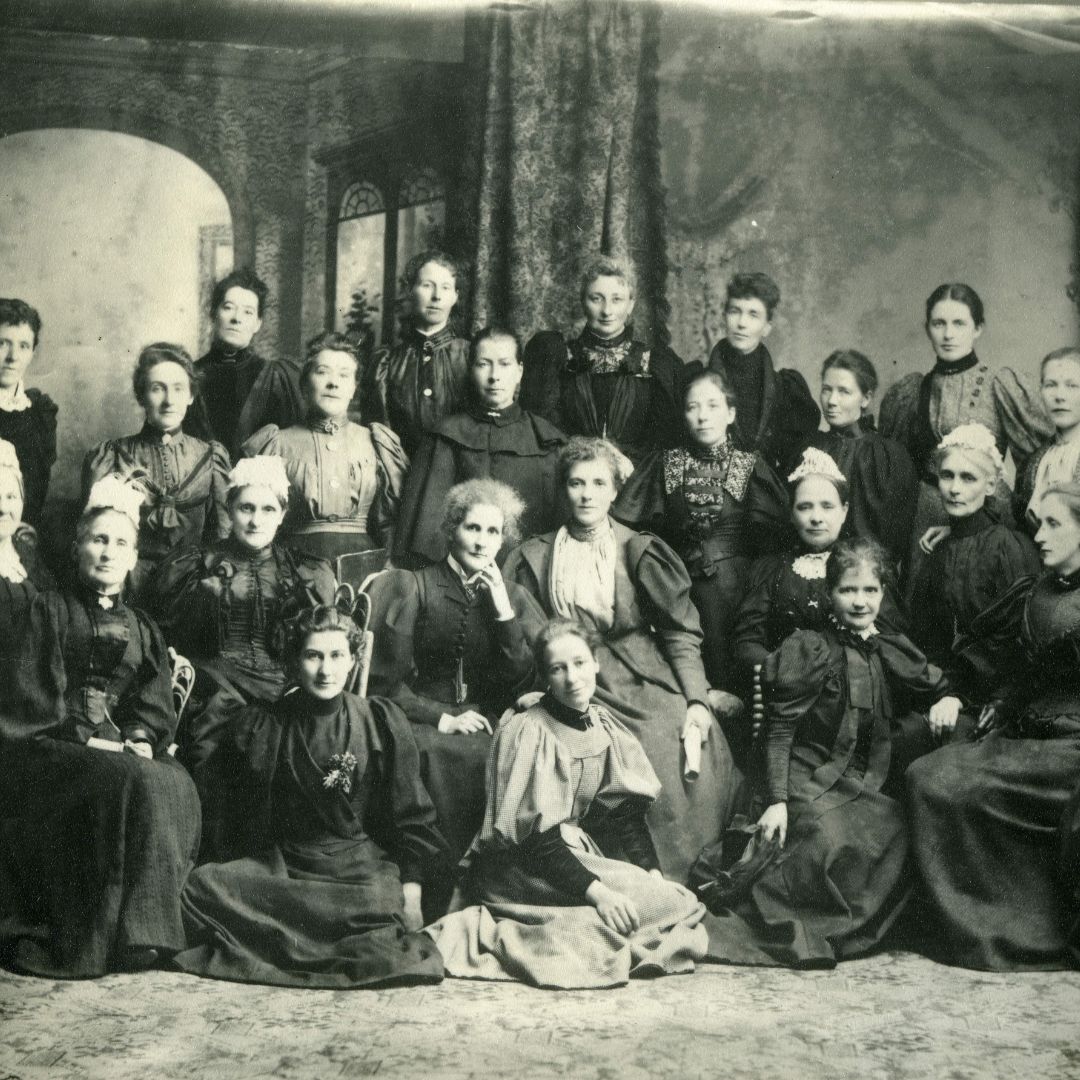
Image Credit: New Zealand Parliamentary
On This Day: New Zealand Becomes First Country To Grant Women Voting Rights, Trailblazes Feminist Waves
Writer: Laxmi Mohan Kumar
She is an aspiring journalist in the process of learning and unlearning many things. Always up for discussions on everything from popular culture to politics.
Others/World, 19 Sep 2022 6:35 AM GMT
Editor : Snehadri Sarkar |
While he is a massive sports fanatic, his interest also lies in mainstream news and nitpicking trending and less talked about everyday issues.
Creatives : Laxmi Mohan Kumar
She is an aspiring journalist in the process of learning and unlearning many things. Always up for discussions on everything from popular culture to politics.
New Zealand set an example for many firsts in the feminist waves and continues to do so, with women leading important positions in the government. It all began on September 19, 1893, when they were the first to grant voting rights to women, way before the countries of Great Britain and the USA.
Women's Suffrage Movement has been considered the marker of the first wave of feminism, where women across the world began demanding equal rights and status in society. Among those countries, New Zealand had become the first self-governing country in the world which recognised women had the right to vote in parliamentary elections.
New Zealand now boasts a proud history of female empowerment, with many women heading the government to leading positions that influence global affairs. Women constitute almost half of their members of parliament and have contributed immensely to the economic growth, the rise of the welfare state and goes on the list.
However, all of this was made possible by the tireless efforts of the Kiwi suffragettes, including Kate Sheppard, Margaret Sievwright, Stella Henderson, and so on. On this very day of September 19, over a century ago, these women took to the streets to demand the right of women to vote in the parliamentary.
A Legacy Remembered Dearly Through A $10 Note Today
Women's Suffrage has played a central role in the country's image as a 'social laboratory', and that achievement was the result of years of effort by suffrage campaigners led by Kate Sheppard. The country remembers the highly respected leader's contributions to making New Zealand the first country to grant women voting rights through an image of her imprinted on their $10 note.
This one note encompasses a long line of legacy across the years of 1891 to 1893 when a series of massive petitions were issued calling on Parliament to grant the vote to women. Even after New Zealand women won the right to vote through the Electoral Act of 1893, their movement never stopped as they wanted to represent themselves in the parliament and not simply vote for people in power.
However, it still marked itself as a landmark move, as great democracies such as the United States and Great Britain had not granted their women the right to vote until after the First World War. Women's suffrage in New Zealand had taken the forefront as an important political issue way before this and demanded women be included actively in politics.
Public opinion in the country was influenced majorly by the efforts of Kiwi suffragettes, and the Electoral Bill granting women the franchise was given Royal Assent by Governor Lord Glasgow on 19 September 1893. Women voted for the first time in the elections held on 28 November 1893 for the Māori electorates, but it took them about 26 years to stand as candidates for the parliament elections.
Resistance For Over Three Decades
While it was assumed that both happened at the same time as early women's suffrage bills included women standing for parliament, the country had initially omitted the right, and suffragists didn't want to risk sinking the bill. Reluctantly accepting the omission, they continued the fight soon afterwards.
Starting from 1894 to 1900, several empathetic male politicians presented eight separate bills in favour of women's participation on the political front, and they emphasised the "unique maternal influence" that women would bring into the parliament.
While they argued that the country must retain their reputation for social legislation, they downplayed the significance, and the prejudice held them back from equal standing. As quoted on Wikipedia, it was only after the first world war that women's status improved and overrode these societal prejudices.
Women were valued as citizens with contributions that kept the domestic and public front running while the men were sent to fight the war. In 1913, Ellen Melville became the first woman to be elected as the Auckland city councillor. In 1917 Ada Wells was elected to the Christchurch City Council, and more women continued to hold important positions.
It took until 1933 for the first woman, Elizabeth McCombs, to be elected to the parliament. Even then, the participation was comparatively subdued, with only 14 women elected to parliament compared to 298 men between the years 1935 to 1975.
Today, many women activists from New Zealand are working to ensure equal representation on multiple fronts and have played a crucial role on the global level in transforming women's status.
Also Read: 'Still I Rise': Maya Angelou's Powerful Literary Works Inspire New-Age Feminists
 All section
All section














